Gaseous substances are released in to the atmosphere, seen as a reservoir with unlimited assimilating capacity. Air being of vital importance, cannot be exploited to the extremes when it becomes unsafe for use. Its capacity to assimilate waste gases is not unlimited. A scientific assessment of air quality and its capacity to assimilate pollutants for safeguarding atmosphere should form the basis of a national air quality management programme. A number of events in Europe and the United States has made the people aware of the adverse effects of air pollution. Though in India laws have been enacted to control air pollution, their enforcement is yet to become effective. Remedial action in phases, makes identification of the problem related to air pollution and local levels imperative. Te air that man breaths is polluted by industrial and automobile emissions bringing into the atmosphere suspended particulate matter, oxides of sulphur and nitrogen, carbon monoxide, photo chemical oxidants and bydrocarbons. These pollutants, individually and collectively, have teratogenic, carcinogenic or mutagenic effects, and can also cause respiratory ailments, the physiological barriers are ineffective against them.
Air Pollution: The Dangerous Dimensions (Volume 13)
$18.00
$20.00
In stock
Free & Quick Delivery Worldwide
All orders amounting to US$ 50 or more qualify for Free Delivery Worldwide. For orders less than US$ 50, we offer Standard Delivery at $14 per book.
ABOUT THE AUTHOR R. Swarup
Dr. R. Swarup (b. 1928) had his education at government Agricultural College, Kanpur (now Chander Shekhar-Azad University of Agriculture and Technology, Kanpur) and Delhi School of Economics. After serving at prestigious institutions like the Allahabad Agricultural Institute, Indian Agricultural Research Institute. New Delhi, Mosul University in Iraq etc, he heads the Agro-Economics Research Centre for Western Himalayan Region since establishment in, 1973 at Himachal Pradesh University, shimla. He has contributed a number of research papers and co-authored books titled – Agricultural Development in Himachal Pradesh, Management of Social forestry in India, Production and Marketing of apples, and Horticultural Development in Hill Areas.
ABOUT THE AUTHOR S.N. Mishra
Professor S.N. Mishra (b. 1942), after serving at Magadh University, joined the Indian Institute of Public Administration in 1980 where currently he is Professor of Rural Studies. Apart from publishing nearly twently books on various facets of Rural Society, he has contributed more than hundred research papers to the various journals in India and abroad. A member of the Executive Committee of the Indian Public Administration Association, Prof. Mishra's areas of specialization are: Indian Political System, Applied Public Administration, Political Sociology, Constitutional Law, Democratice Decentralization, Development Administration and Local Self-Government.
ABOUT THE AUTHOR V.P. Jauhari
Dr. V.P. Jauhari (b. 1949) has his education from Allahabad University, Punjab University and London School of Economics (LSE) UK. Thought a serving bureaucrat has extensive work experience in the field of environmental management at State, National and International level, Till recently he headed the Ministry of Environment & Forests in Govt. of A.P. and State Pollution Control Board. He has also worked in the Ministry of Environment & forests in Govt. of A.P. and State Pollution control Board. He has also worked in the Ministry of Environment & Forests, GOI apart from working as head of intergovernmental body, sponsored by UNEP, called South Asia Co- operative Environment Programme (SACEP) at Colombo. He has worked as consultant to many UN bodies and has many publications to his credit. Currently he is heading Ministry of Agriculture in Govt. of A.P.
reviews
0 in total
Review by Anonymous
Be the first to review “Air Pollution: The Dangerous Dimensions (Volume 13)” Cancel reply
You must be logged in to post a review.
Bibliographic information
Title
Air Pollution: The Dangerous Dimensions (Volume 13)
Author
Edition
1st ed.
Publisher
ISBN
8170993733
Length
viii+308p., Figures; Tables; References; 23cm.
Subjects
more by R. Swarup see more
more by S.N. Mishra see more
more by V.P. Jauhari see more
Sustainable Development of Water Resources: Performance Appraisal of Dams
The word sustainability has ...
$28.80
$32.00
similar bookssee more
Disaster Vulnerability and Management in Global Perspective
It is well known fact the ...
$37.80
$42.00
Fundamentals of Physical Chemistry
$98.10
$109.00

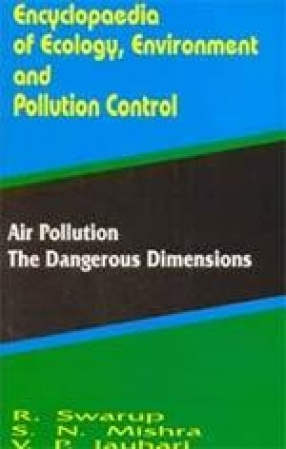

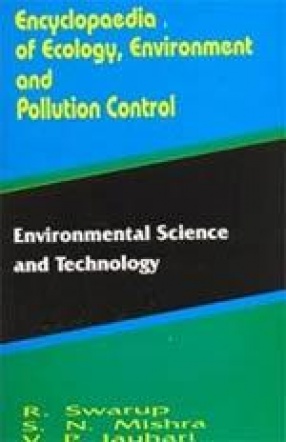
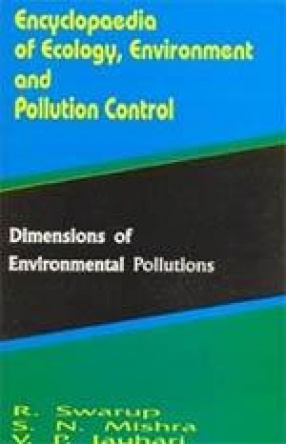
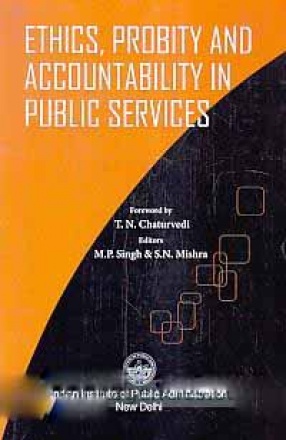

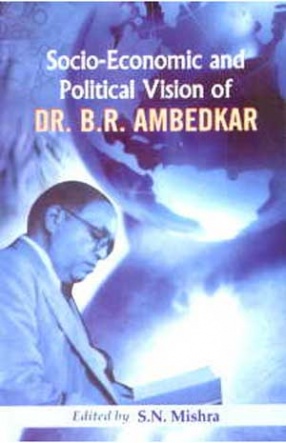
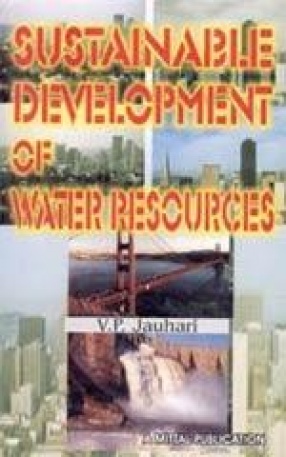
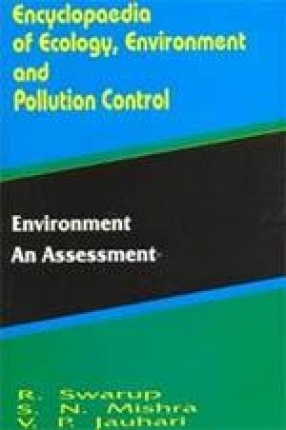
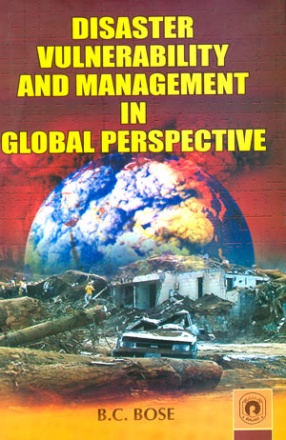
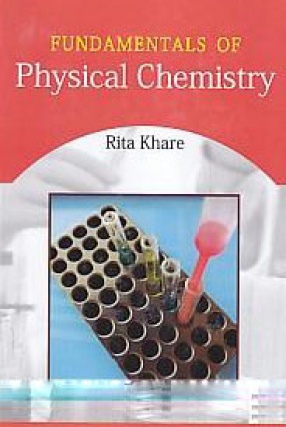
There are no reviews yet.